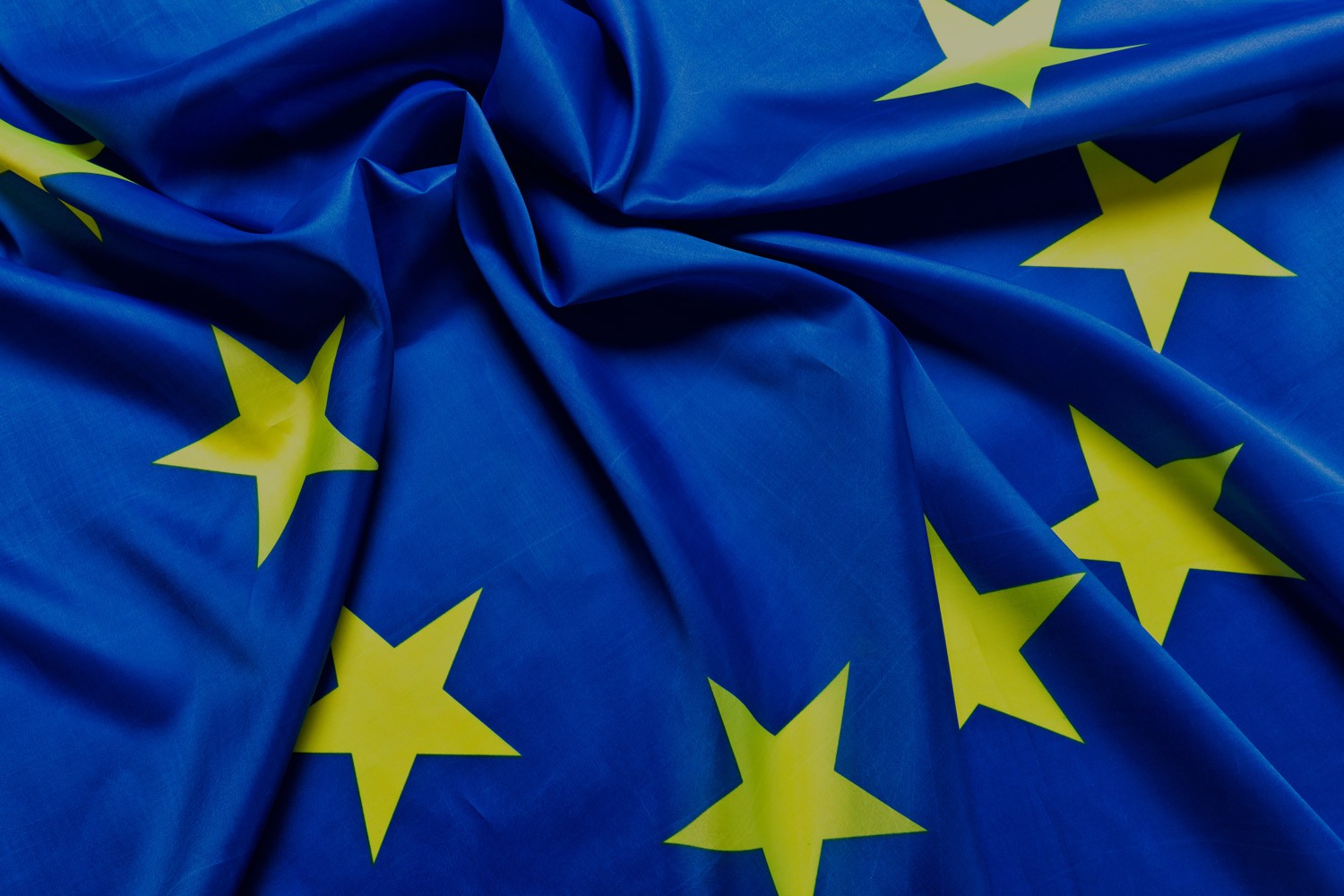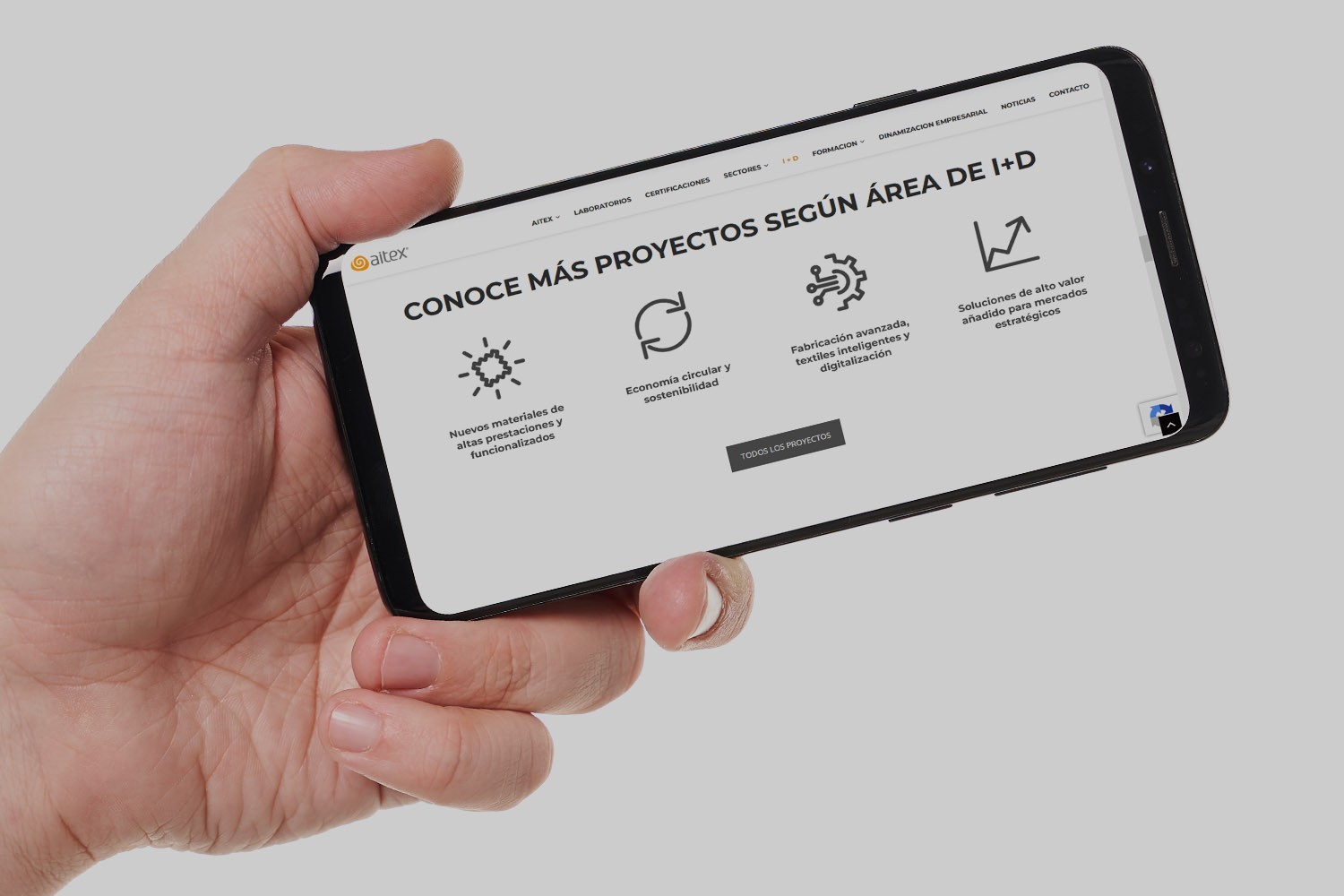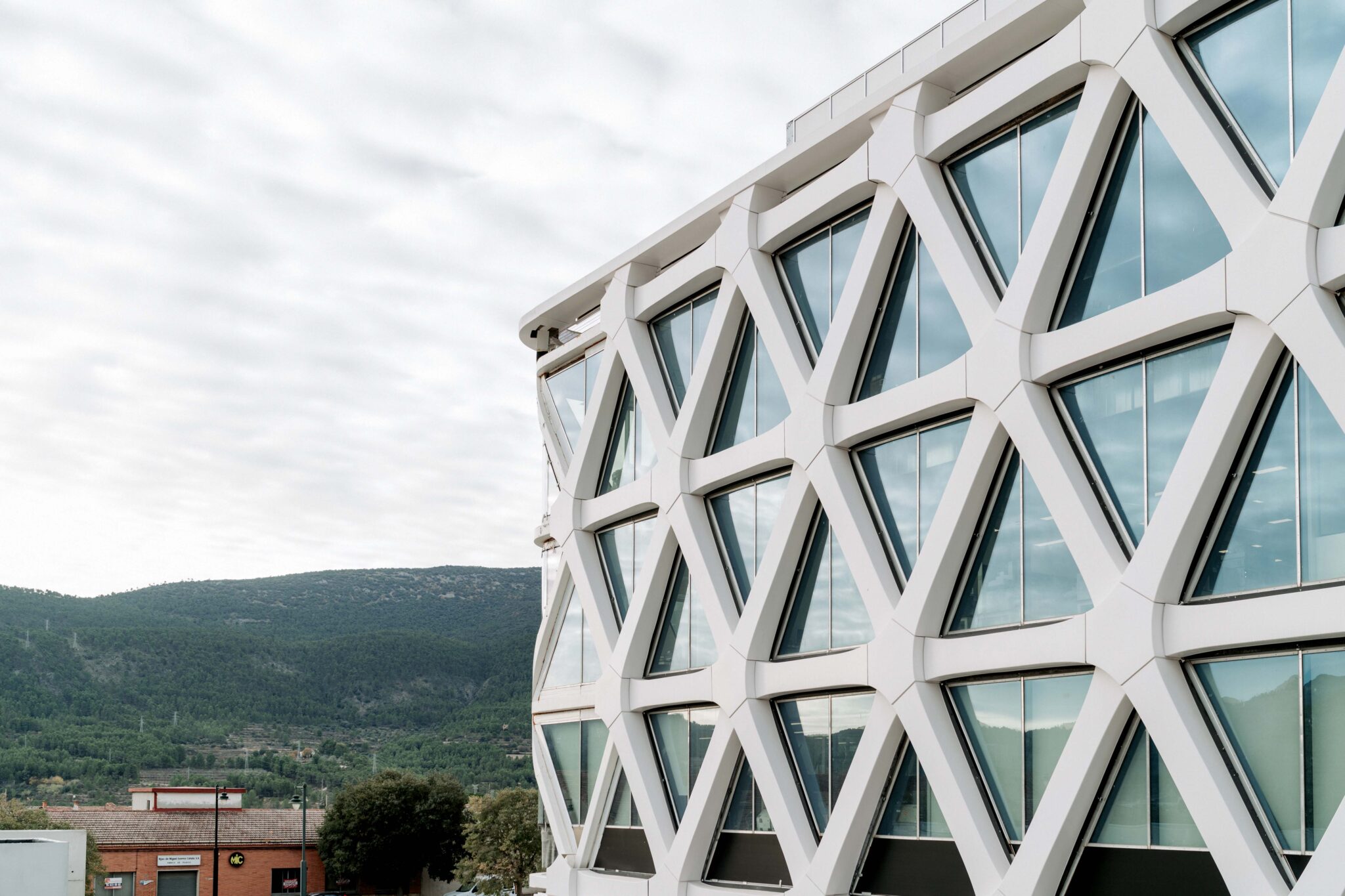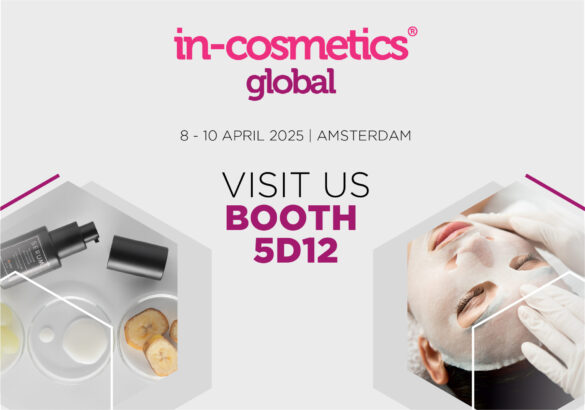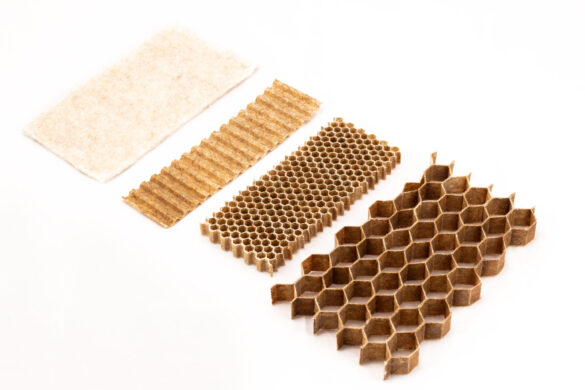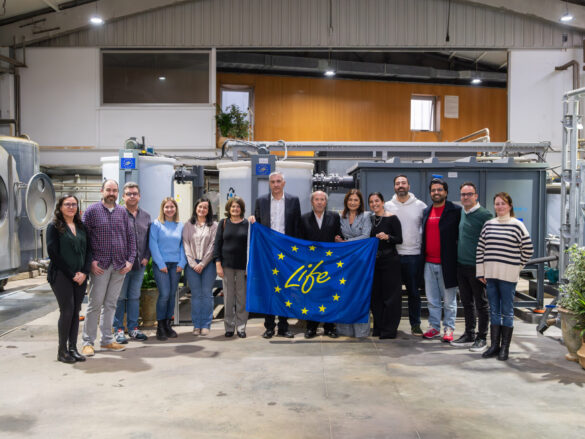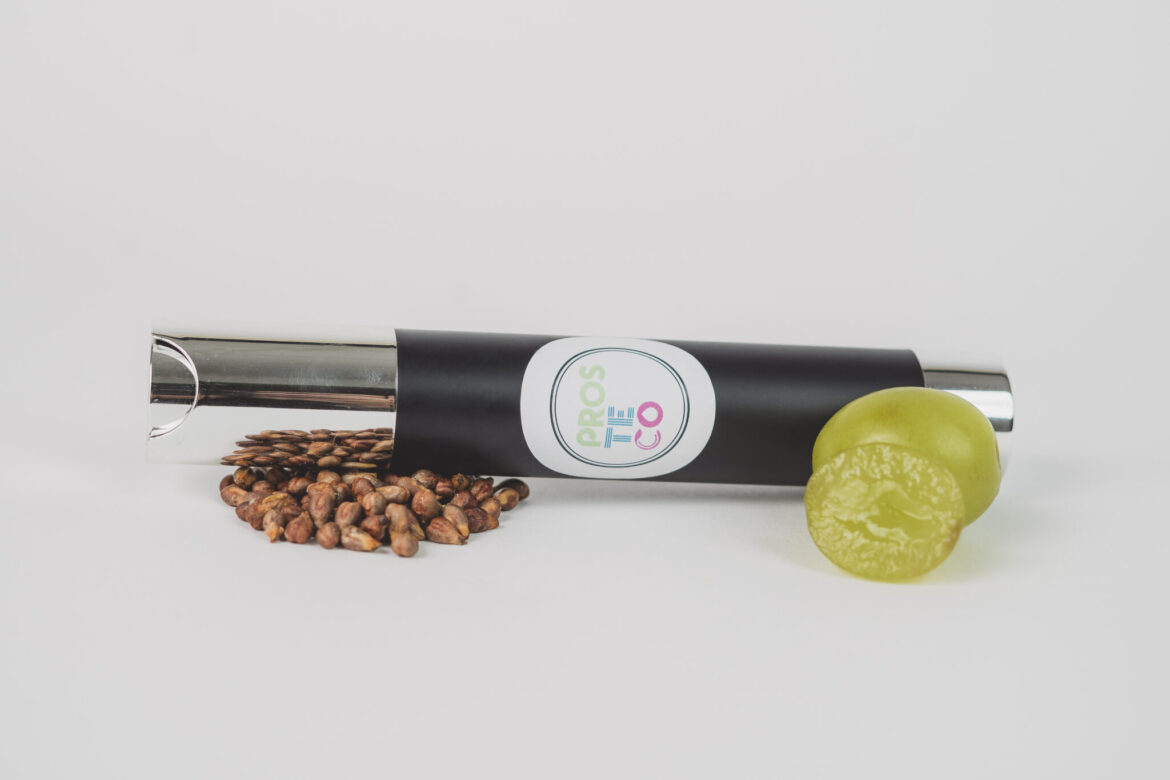
![]()
![]()
![]()
![]()
Projects whose activities encompass all areas
SUSTAINABLE PROCESSES FOR THE TEXTILE AND COSMETIC SECTOR
PROSTECO
Motivation
PROSTECO aims to transfer to companies the knowledge of sustainable processes that are scalable at an industrial level in order to be able to implement them, thus improving the production of the textile and cosmetic sectors.
In the textile sector, research is intended in the sub-sector of dyeing and technical finishes in order to reduce consumption of water, as well as chemical products and energy resources.
With regard to the cosmetic sector, the aim is to investigate in the area of sustainable formulation processes, specifically to investigate cold emulsion processes, processes with upcycled ingredients and processes for the formulation of waterless products.
In addition, this project also aims to combine both sectors, textile and cosmetics, through research and implementation of both types of sustainable technologies.
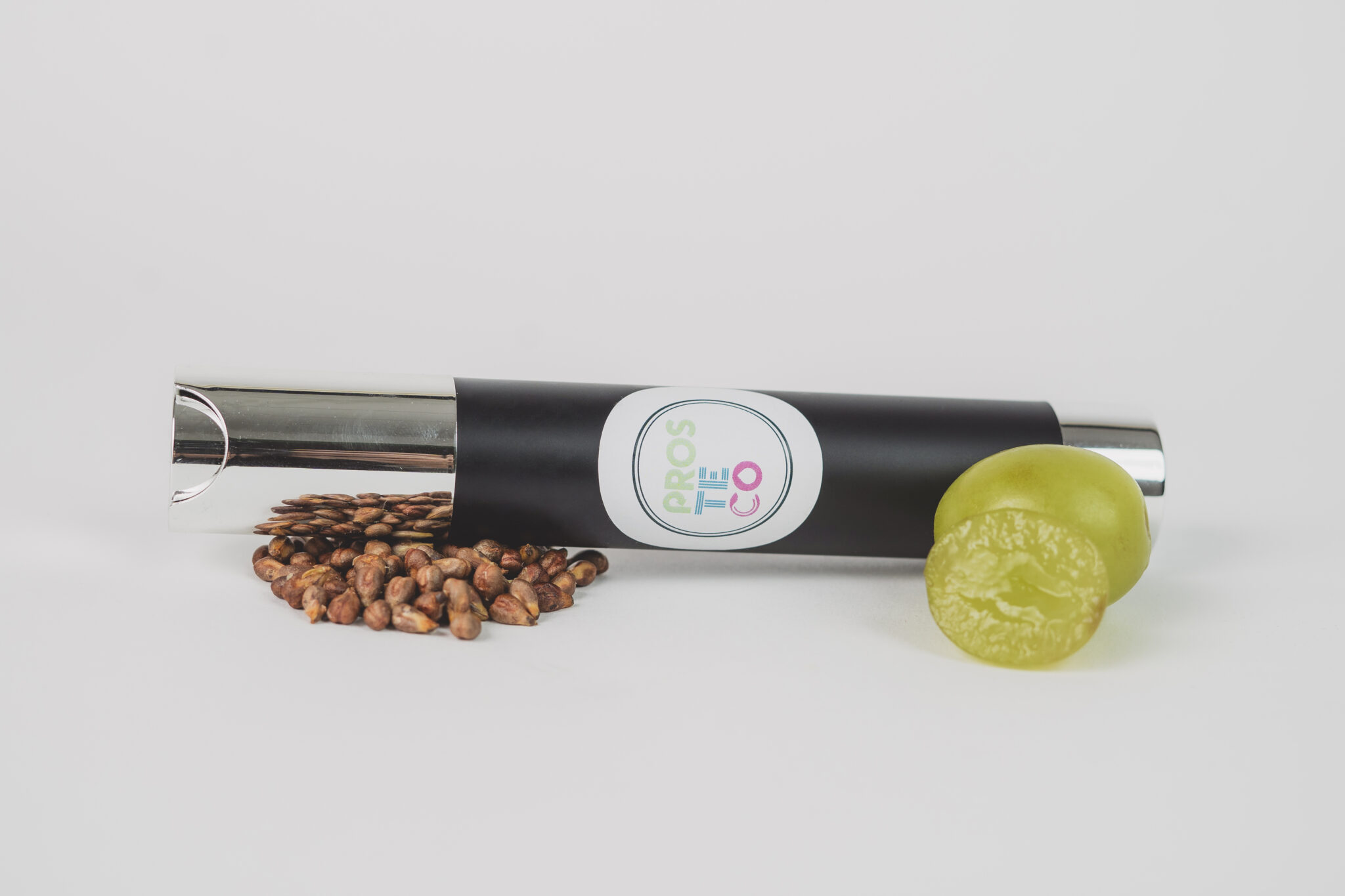
Objectives
Implementation and validation of new sustainable processes scalable at an industrial level for the textile and cosmetics sectors in order to reduce the environmental impact produced both from the point of view of processes, as well as from the point of view of materials, focusing mainly on the use of products of natural origin.
-
Research and optimize formulations for dyeing and finishing processes and cosmetic formulations obtained from sustainable processes.
-
To investigate the interaction of sustainable processes indicated to bring together the textile and cosmetic sectors.
-
Analyze the industrial scalability of these solutions and assess the impact/benefit.
-
Update and maintain the monitoring of new developments in technical and technological solutions related to the improvement of the efficiency of processes and material resources, as well as their recyclability processes.
-
To improve the competitiveness of companies and facilitate their progression by increasing technological growth and the sustainability of their production chain.
Value and competitive advantage
- Significantly reduce the environmental impact in the textile and cosmetic sectors, both in terms of materials and processes.
- In the textile sector, there is a notable decrease in water and energy consumption compared to conventional processes. Additionally, the consumption of synthetic chemical products is significantly reduced.
- In the cosmetic sector, it contributes to the circular economy model by ensuring that 100% of natural agri-food waste can be utilized as cosmetic ingredients with appropriate cosmetic efficacy.
Results obtained

-
In textiles, rope dyeing has been optimized with micronebulization, using micronized natural dyes, mineral pigments, and bio-based auxiliaries.
-
Water consumption has been reduced by 90%, along with decreases in synthetic chemicals, energy use, and a 30% reduction in the life cycle.
-
In cosmetics, sustainable formulations have been developed using cold emulsions, upcycled ingredients, and waterless processes.
-
Circular economy efforts utilized 100% of agro-food waste as raw material for cosmetic products, adding value to discarded materials.
-
Products such as facial serums, body exfoliants, hair care items, and detergents have been developed.
-
Safety and efficacy evaluations showed cosmetic improvements like a 15% increase in hydration and a 60% reduction in hair greasiness.
-
The textile and cosmetic sectors have been integrated through sustainable textiles with natural cosmetic finishes for skin care.
Grant number: CONV24/DIGINN/21
Period of execution: January 2024– December 2024
Status: Finished
Entity: Conselleria
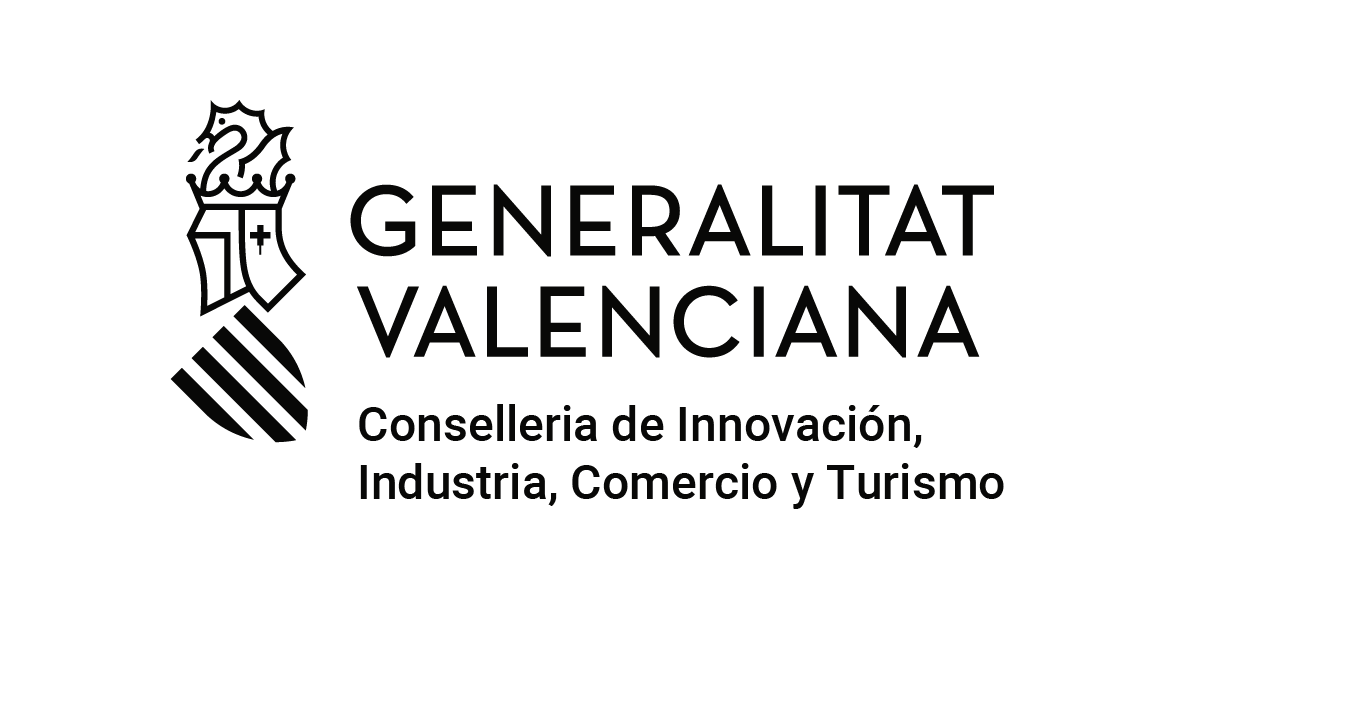

The PROSTECO Project is financed by the Ministry of Innovation, Industry, Trade and Tourism through the nominative line “Aid to IITTs for innovation projects in collaboration with companies within the framework of Smart Specialization.
CONTACT US
Do you want to contact us? Click on the button and write to us.
R&D AREAS
NEWS
AITEX will be present at the new edition of In-Cosmetics 2025, which will be held from 8 to 10 April in Amsterdam. Find out about our laboratory testing and R&D services. Stand 5D12.
The technology centre AITEX and the investment vehicle REDIT Ventures create, in co-investment, the new company Honeytex, focused on the manufacture of advanced materials based on honeycomb cores.
The European LIFE ANHIDRA project will reduce the environmental footprint of one of the industries with the highest global water consumption.




